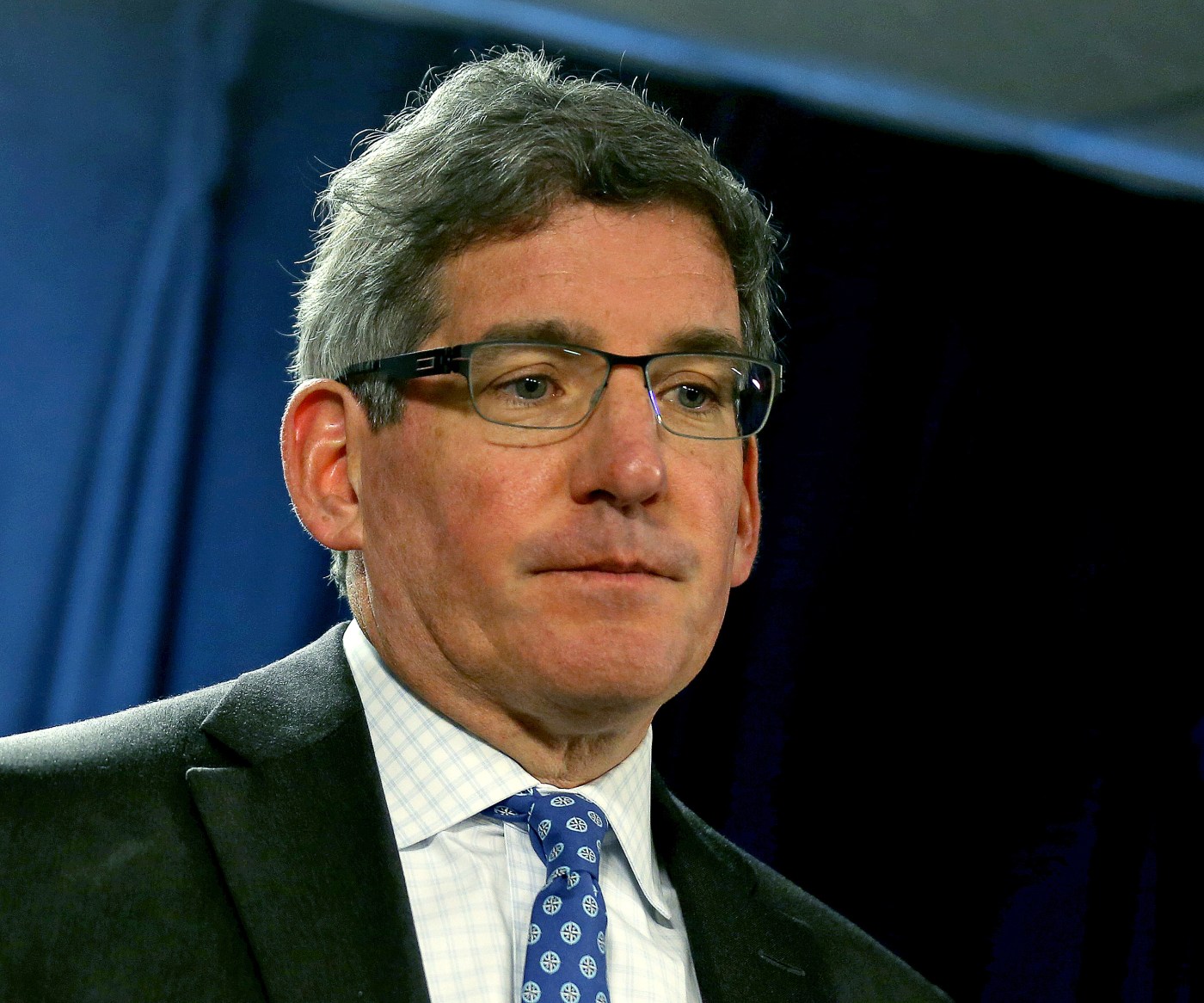
Accused multi-state ‘brothel’ sex buyers work behind the scenes to hide their identities
A group of alleged sex-buyers in a high profile brothel bust remain anonymous, and they want to keep it that way.
The alleged clientele of an elite sex network the feds say operated out of the suburbs of both Boston and Washington D.C. have been working behind the scenes to keep their names out of the public’s eye.
In November, the office of the U.S. Attorney for the District of Massachusetts announced criminal charges against three people they say operated a sex trafficking ring out of Cambridge, Watertown and D.C. suburbs in eastern Virginia by renting out premium apartments and advertising sex for pay online.
But it was the description by federal authorities of the alleged Johns, that raised many an eyebrow.
Among the clients, the feds said, were “elected officials, high tech and pharmaceutical executives, doctors, military officers, government contractors that possess security clearances, professors, attorneys” and others. As an assistant state attorney general described it in a later court document, the matter “received considerable coverage in both national and local media.”
When the feds announced that a Homeland Security investigator attached to the Cambridge Police Department filed applications for criminal charges against 28 of the alleged Johns, the media issued a flurry of requests for access to those applications and to the show-cause hearings before a Cambridge District Court clerk magistrate.
While the clerk magistrate had ruled the hearings could be public — which is unusual in itself, according to multiple court briefs — access to the criminal complaint applications was a more contentious issue.
The scheduled late-January hearings were superseded as the issue of access raised to the level of the Massachusetts Supreme Judicial Court. It all came to a head on Jan. 17, when JSC Justice Frank M. Gaziano halted the proceedings as an avalanche of legal filings raised major issues.
It’s been more than a month and there remains no clarity on when the alleged johns will be seen in court.
Attorneys representing the media outlets The Boston Globe, WBUR and NBC Boston filed a petition for access to the applications for criminal complaints against the accused men.
“Unlike her ruling about the show-cause hearings, the Clerk-Magistrate did not consider whether a legitimate interest of the public outweighed the right of privacy of the accused in the applications,” the Jan. 12 emergency petition for the documents argued.
Since the “incident has already attracted public attention prior to a show cause hearing, the interest in shielding the participants from publicity is necessarily diminished, while the public’s legitimate interest in access is correspondingly stronger,” the petitioners further argued.
The petitioners furthered their argument by citing 2019 state caselaw that found “the interests of transparency, accountability, and public confidence are at their apex if the conduct at issue occurred in the performance of the official’s professional duties or materially bears on the official’s ability to perform those duties honestly or capably.”
The petition was met with strident opposition five days later with responses from the Association of Magistrates and Assistant Clerks of the Trial Court of the Commonwealth of Massachusetts as well as the state Attorney General’s office, which both argued that the applications should not be made public.
The media petitioners “have not met their burden” for successfully arguing why the applications should be made public before the hearings take place,” Assistant Attorney General Thomas Bocian argued in a filing that much resembled the one from the Association.
The association’s response argued that while the clerk magistrate determined the show cause hearings themselves will be conducted in public, that doesn’t necessarily mean that the applications for criminal complaint “will necessarily become public at the time of the hearing.”
That’s because, the association’s attorney argues, “misnomer or misidentification of the accused is a not uncommon occurrence at such hearings.”
The “incendiary, personal identifying or irrelevant information” that may be found in such applications may, basically, drag a person through the mud even if the clerk magistrate finds there is no probable cause for proceedings against the defendant to continue, the brief states. Should the magistrate find probable cause, the record would then become public.
In the argument’s defense, the brief cites prior SJC decisions that denied that a show cause hearing itself is necessarily public, let alone applications for such. One such case had concluded, as quoted in the brief, that show cause hearings were “most closely analogous to grand jury proceedings,” which are not public.
The AG’s response contends that “granting access to the complaint applications before the show-cause hearings take place would essentially allow unfettered review, use, and potentially publication of the complainant’s allegations before the accused has had the opportunity to respond and before the Clerk-Magistrate has made a probable-cause determination.”
And then came the aptly named John Does themselves.
The first 13 of a total 17 to file opposition to release jointly argued that not only should the applications remain private but that the magistrate erred in allowing the hearings to be public at all.
“This error should not be compounded by opening the door to public dissemination of police reports and other documents,” their motion to intervene states.
They further argue that the John Does “are not ‘powerful and elite’ as the petitioners describe … They are private citizens who face adverse and embarrassing collateral consequences if their name and image are published before they have the opportunity to face this case at a clerk’s hearing or in a court of law.”
A footnote gives some insight into three of them: “One John Doe is an attorney who does not work for the government, one is a doctor working at a public hospital, one is a scientist without ties to the government(.) None would be described as ‘powerful or elite’.”


